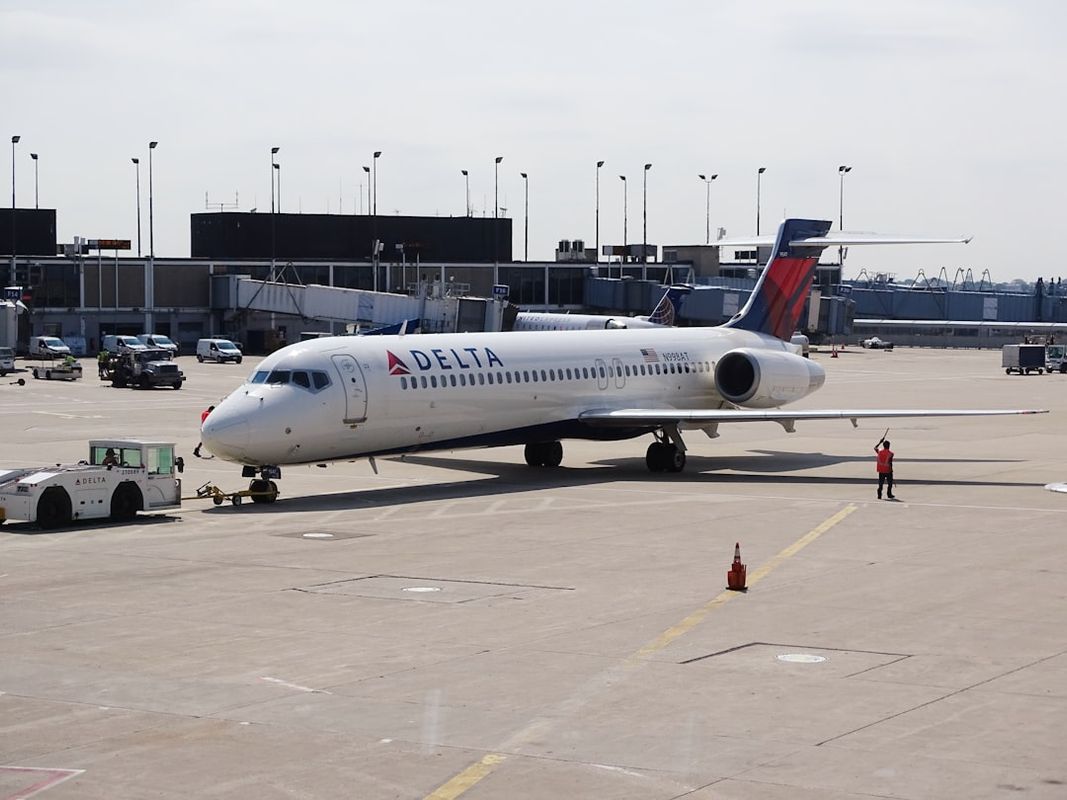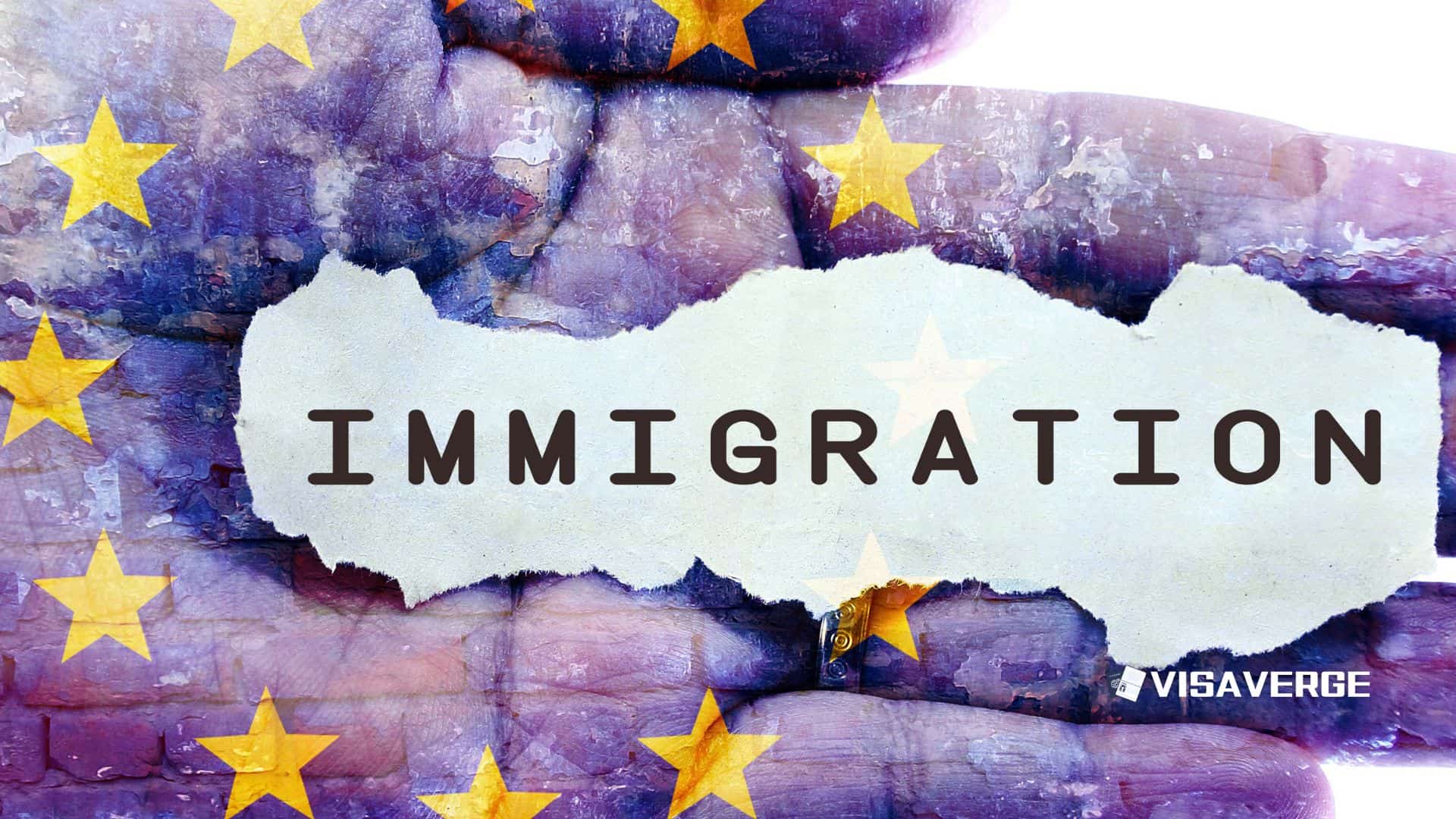(ATLANTA) A Delta Air Lines passenger has filed suit after alleging a flight attendant slapped him in the face during a cross‑country trip, an incident that is now under internal review and could shape how airlines handle on‑board conflicts. On August 26, 2025, plaintiff Mohammad Shibli and his attorney, Ali Awad, held a press conference in Atlanta announcing the case and urging the carrier to adopt stronger cultural sensitivity training. The alleged assault occurred on July 29, 2025, on a flight from Atlanta to Fresno, California.
Shibli, who is Palestinian Muslim, says the dispute began when he and his wife asked for water for their 2‑year‑old son and were turned down. Tension then grew between the family and a flight attendant, according to Shibli’s account. He alleges the crew member later struck him with an open palm in front of his 4‑year‑old child and nearby passengers — a blow he says was loud enough to be heard through noise‑cancelling headphones. He describes shock, humiliation, and fear for his family.

Several witnesses have told the legal team they heard the slap and saw the immediate confrontation that followed. Their statements, attorneys say, support the central claim that other passengers not only noticed the conflict, but also heard the strike. The cabin scene—crowded, loud, and stressful—now becomes a key battleground for what exactly happened.
Shibli’s attorney says the legal team will seek large damages, including a day’s worth of Delta’s profits, and a court‑ordered plan for education and sensitivity training focused on Palestine and the Palestinian people. The lawyers plan to deliver a formal demand letter to Delta this week. They argue the case is not only about one event but also about the broader treatment of families and religious minorities in the air.
Allegations, Harm, and Legal Claims
Shibli states the incident caused physical pain and deep emotional harm, adding that his young children were frightened and confused. He accuses the flight attendant of assault and says the airline bears responsibility for what he calls a failure to protect passengers while in the care of the carrier.
He also alleges discrimination tied to his identity as a Palestinian Muslim.
Attorney Ali Awad pointed to past debates inside the company — including a 2024 matter related to employees wearing Palestinian flag pins — to argue that Delta Air Lines should address cultural sensitivity more directly. He says the requested training is meant to:
- Prevent similar conflicts
- Help crews de‑escalate disagreements with diverse passengers
- Provide extra support for families with small children
The lawsuit is expected to seek both compensatory and punitive damages:
- Compensatory damages: to cover physical and emotional harm
- Punitive damages: to punish wrongful conduct and deter future misconduct
Once filed, the complaint will test airline liability for crew behavior and whether corporate policies, training, and supervision were sufficient to keep passengers safe and treated with dignity.
Delta’s Response and Next Steps
Delta Air Lines says the involved employee has been suspended pending an internal investigation. In a statement, the company said the “safety and security of customers and employees” is its top priority and added that it is taking the report “very seriously.” Delta has not discussed details of the investigation or commented on the pending litigation.
What happens next could matter beyond this single case. If the parties settle or a court rules against the airline, that outcome could:
- Guide how carriers respond to alleged in‑flight assaults
- Shape training standards across the industry
- Influence how future plaintiffs structure damages (the request for a day’s worth of Delta’s profits has been called unusual)
For passengers across the United States 🇺🇸, it’s useful to know where government rules fit in. The Federal Aviation Administration enforces safety and crew authority rules, including protections against interference with crew duties. While this case focuses on alleged crew conduct rather than unruly passengers, the FAA’s guidance helps explain how order is supposed to be kept aboard U.S. aircraft. Readers can find official information on safety and conduct during air travel on the FAA’s page for Unruly Passengers. For service issues, travelers may also file complaints with their airline and with the U.S. Department of Transportation’s Aviation Consumer Protection office.
Broader Context: Industry Stressors and Cultural Factors
Industry observers note that air travel can push both passengers and crews to the edge — tight schedules, full cabins, and child care needs all collide at 35,000 feet. Airlines have responded in recent years with new de‑escalation tools and focused training, but cases like this raise additional questions about:
- How cultural identity, religion, and language affect interactions on board
- Whether existing training prepares staff for real‑time, high‑stress choices
- The adequacy of guidance for handling families and young children
For families, the human stakes are clear: a simple request for water can become a flashpoint if tempers rise. Parents fear how fast situations can spiral when children are watching.
For crews, the duty is to keep order and safety while making dozens of judgment calls during a single flight. When those roles collide, courts assess whether each side acted reasonably and whether company policies guided staff to de‑escalate rather than inflame.
Local Significance and Potential Policy Changes
Atlanta remains central to this story — not only because the flight departed from the city, but also because Delta’s headquarters and media focus sit there, drawing local attention to a case that touches national debates.
The airline’s suspension of the flight attendant follows a common corporate step intended to:
- Preserve evidence
- Interview witnesses
- Limit risk while facts are reviewed
Legal analysts note the case’s mix of alleged assault, discrimination claims, and calls for policy change could make it a test of how far a company’s training must go to protect passengers. VisaVerge.com reports that courts often weigh company policies and prior compliance efforts when considering punitive damages — which can hinge on whether the company acted responsibly before and after an incident.
Advocacy groups are watching for transparency in the internal review and whether any policy updates follow. If regulators or lawmakers take interest, they could ask whether existing guidelines for crew conduct and customer treatment are sufficient, or if new standards are needed across carriers.
What to Watch Going Forward
Delta Air Lines has encouraged customers to rely on its official channels for updates. Shibli’s attorney says his team will release further details after the demand letter goes out and as the lawsuit moves forward.
Key moments that will expand the public record:
- Delivery of the formal demand letter to Delta
- Filing of the complaint and court docket entries
- Release of witness accounts and internal procedures during litigation
- Any regulatory or legislative responses stemming from the case
For now, both the family and the airline are bracing for a process that will unfold in court and in the court of public opinion. The outcome may ripple into training manuals, supervisor checklists, and how cabin service performance is evaluated across the industry.
This Article in a Nutshell
Passenger Mohammad Shibli alleges a Delta attendant slapped him July 29, 2025; Delta suspended the employee and opened an internal probe. The lawsuit seeks compensatory and punitive damages, cultural sensitivity training, and could influence airline training and liability standards.













